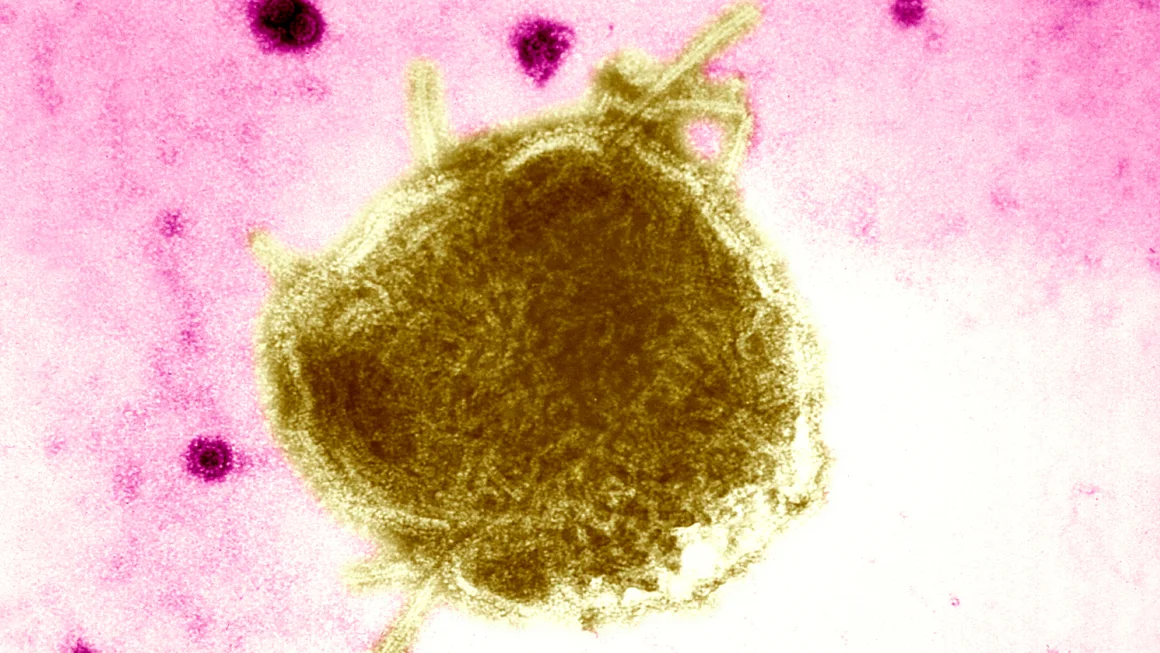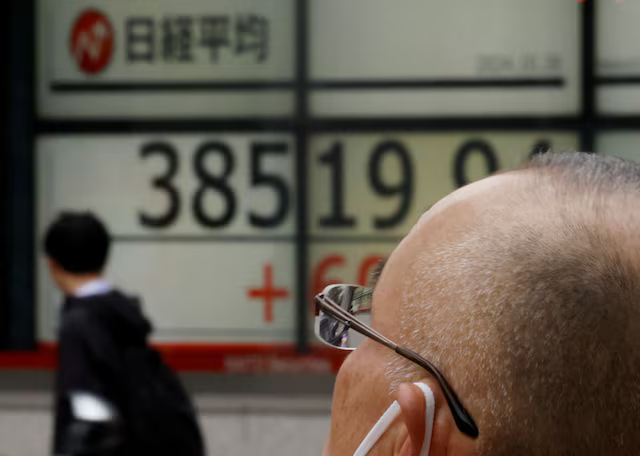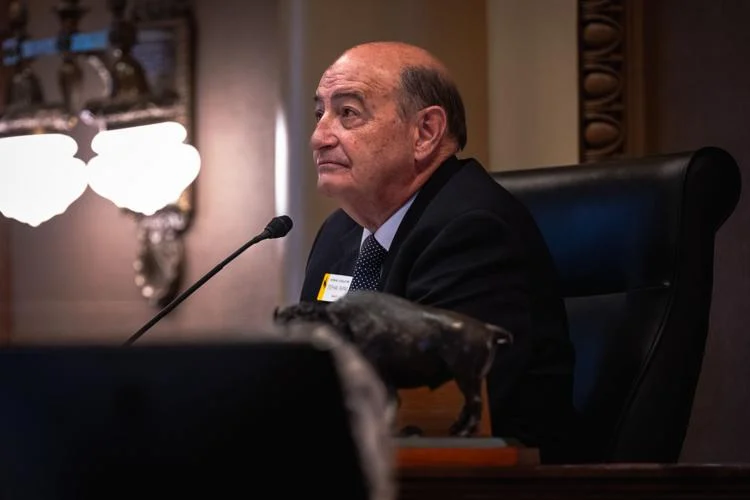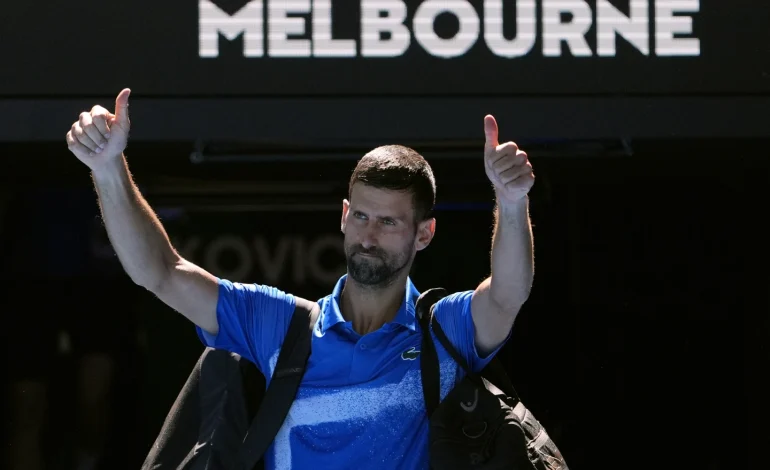Novak Djokovic has launched a scathing critique of the tennis anti-doping system, alleging that “favoritism” towards top stars is undermining its credibility, The Associated Press reports.
The 24-time Grand Slam champion’s comments follow Italian tennis sensation Jannik Sinner’s recent three-month ban for a doping violation, a penalty widely considered lenient by many within the sport.

Djokovic claims that a majority of tennis players have lost faith in the World Anti-Doping Agency (WADA) and the International Tennis Integrity Agency (ITIA), calling for an overhaul of their processes.
Top-ranked Sinner reached an agreement with WADA to serve a ban that will allow him to compete in the French Open in May, meaning he won’t miss any Grand Slam tournaments. This followed the ITIA’s initial decision not to suspend Sinner, deeming the positive test for a banned anabolic steroid last March as accidental contamination.
The short duration of Sinner’s ban mirrors a similar case involving five-time Grand Slam champion Iga Swiatek, who received a one-month suspension in November after testing positive for a banned substance she claimed to have consumed accidentally through contaminated medication. These significantly shorter bans compared to those typically handed down in similar cases across tennis and other sports have fueled accusations of a double standard.
While the positive test occurred in March, it wasn’t publicly disclosed until August after Sinner successfully appealed a provisional ban. He then went on to win the US Open in September and the Australian Open in January, raising further questions about the integrity of the process.
Sinner’s explanation for the positive test – trace amounts of Clostebol were allegedly due to a massage from a trainer who used the substance after cutting his finger – was accepted by WADA.
Djokovic clarified that he doesn’t question the innocence of Sinner or Swiatek, but expressed frustration with the perceived inconsistency in how doping cases are handled.
He highlighted the contrasting case of former women’s No. 1 Simona Halep, who received a four-year ban in 2022 (later reduced to nine months) after a positive test, and British player Tara Moore, who was suspended for 18 months while an investigation determined her positive test stemmed from contaminated meat.
Djokovic’s strong words echo growing discontent within the tennis world regarding the anti-doping system, raising serious concerns about fairness, transparency, and the potential for preferential treatment of high-profile athletes.








